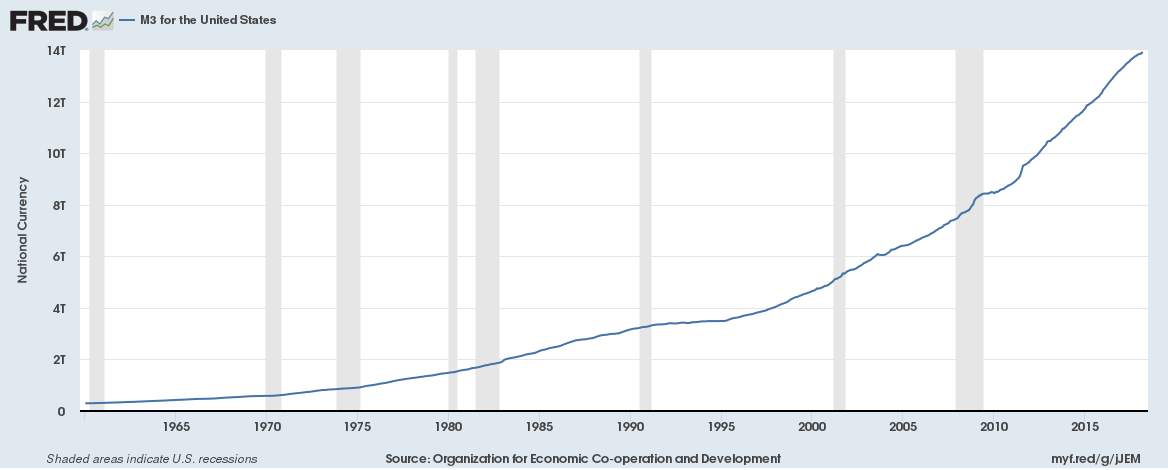Goldman Sachs computer model warns a bear market is near, but the firm’s analysts don’t believe it (read here). So, if a bear market arrives – they were right (well their computer model was), no bear market – they were still right.
JP Morgan has said investors are ‘overreacting’ and investors should buy the market dip for a big rally ahead (read here). How big? 13%. Which would just about take us back to the highs the market hit at the end of January. Will they do as they say? Who knows.
Meanwhile, 10-year US bond yields have fallen 12 bps (to 2.78%) in the past week since the 0.25% Federal Funds rate target increase. As the Federal Reserve pares back its bond holdings, the US government is bringing more to market, yet yields have been falling.
Here are some interesting things from the FOMC releases (text in italics are our comments), Continue reading “On Equities – Do as they say, not as they do? On Bond Yields – some things from the FOMC minutes”
